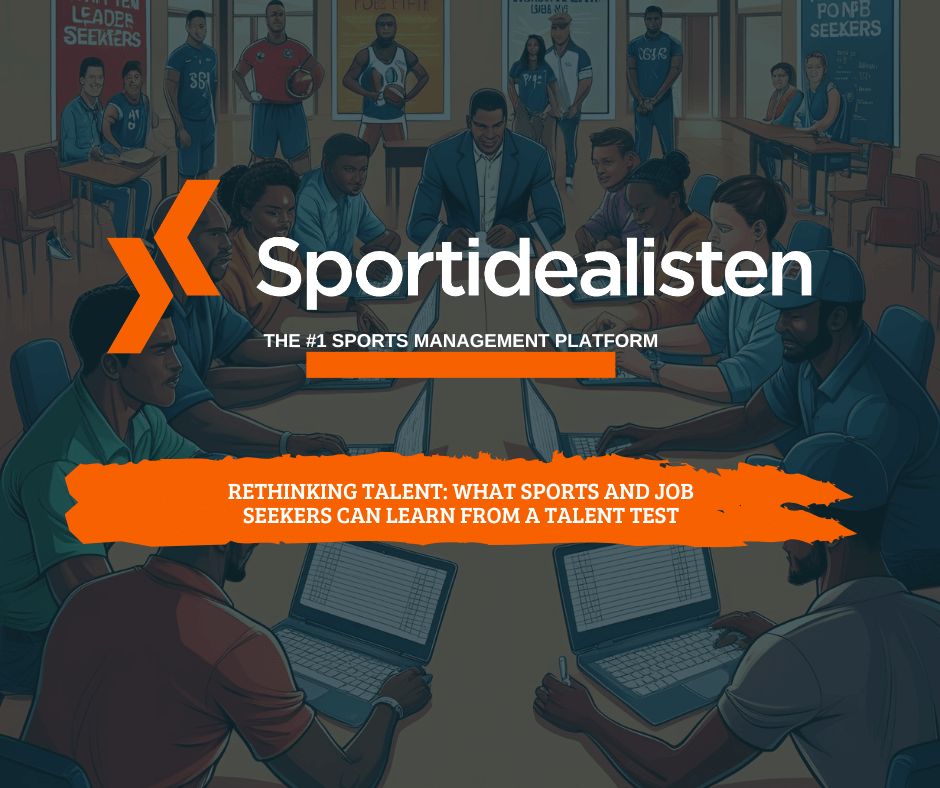When crafting a resume for the sports industry, avoid vague statements like “I’m a quick learner.” Instead, provide concrete examples of how you’ve made a measurable impact quickly, such as increasing social media engagement or ticket sales. Highlight your ability to adapt by showcasing experience across different roles or departments, and emphasize career progression and skill development to demonstrate growth. Focus on accomplishments, not just responsibilities, by quantifying your results with metrics that show your contributions to the organization. This approach will make your resume stand out to hiring managers.
Listing vague phrases like “I’m a quick learner” on your resume won’t impress hiring managers in the sports industry. In fact, statements like these can be a red flag because they are subjective and unproven.
Instead, provide concrete examples of how you’ve quickly adapted, learned new skills, or made a measurable impact. Here’s how to frame it:
Highlight fast impact in your bullet points:
Example: “Developed a comprehensive social media strategy for the team’s fan engagement, increasing follower growth by 30% and ticket sales by 20% within the first six months.”
The “first six months” part demonstrates that you can deliver results quickly, which is highly valued in the fast-paced sports industry.
Show adaptability across roles and departments: If you’ve worked across various departments—marketing, operations, team management, or partnerships—mention that on your resume. It demonstrates your ability to adapt to different teams, projects, and objectives, a critical skill in sports organizations where flexibility is often key.
When recruiters in sports review your resume (or LinkedIn profile), they are looking for more than just your experience—they want to see:
Career progression: Stagnation can be a concern. If you’ve held the same position for a decade without promotions or new responsibilities, it raises questions. Demonstrating upward mobility or taking on new roles within the same team or organization shows you’re actively growing and developing your expertise.
Expanding skill sets: It’s not just about title changes—sports recruiters want to see that you’ve learned and applied new skills over time, whether it’s project management, athlete relations, or data analysis.
Stability: Regular promotions also signal that you’ve stayed long enough to contribute meaningfully, unlike candidates who frequently jump between organizations.
This article offers plenty of examples on how to emphasize growth, especially through promotions, on your resume. It’s worth a quick read if you’re revamping your CV or LinkedIn.
Lastly, your resume should focus on your accomplishments (what you achieved), rather than simply listing responsibilities (what you were tasked with). Here’s the distinction:
Responsibility (avoid this): “Managed the game-day event operations.”
This doesn’t highlight how well you performed. It sounds generic, like it was copied from a job description. Instead, try this:
Accomplishment (do this): “Led game-day event operations, increasing fan engagement by 15% through innovative on-site activations, while reducing setup time by 25%.”
This version is specific, highlights the impact of your work, and quantifies the results, making your contributions clear and measurable.
Feel free using one or several of these tips. Let us know if you need any advice.
If you liked this article, may want to read these:
How to Use the STAR-Method in Your Resume
LinkedIn Profile Optimization and Job Search Strategies in Sports






5 thoughts on “How to write a convincing resume”